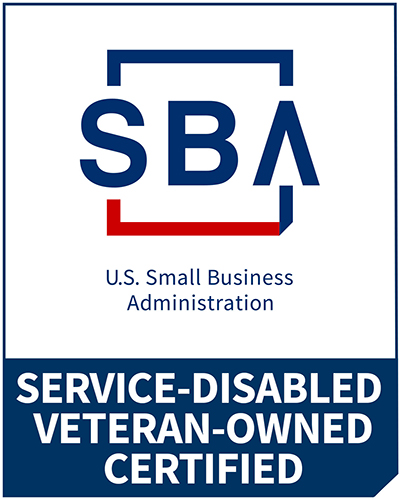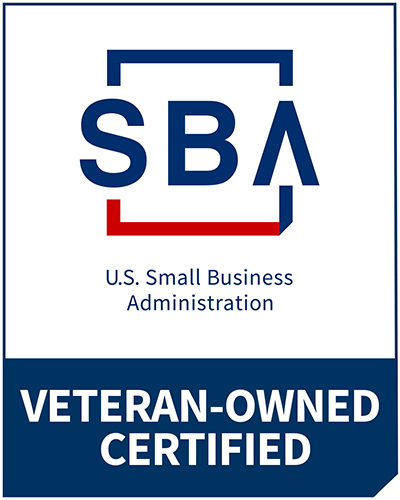When one of the youngest major restaurant CEOs in history takes the value of a brand from $9 billion to $27 billion, we all want to know his leadership secrets.
Daniel Schwartz, Restaurant Brands International CEO, took over Burger King when he was just 32 years old. In just the last year, the company’s stock price has increased by over 35%. Prior to this position, he had no restaurant experience and had never run a company. In an interview with Business Insider about his remarkable success, he shares his management philosophy, “I believe in MWA — management by walking around — so I spend as much time as possible traveling and visiting franchise partners,” Schwartz said. “You only learn by walking around and meeting people.”
When I speak with leaders, one behavior that I recommend experimenting with is walking around. Schwart’s MWA – management by walking around – is an effective way to connect with others, but some leaders have a hard time doing it. Walking around is a leadership practice associated with the advanced social skills expected of leaders.
When employees see a leader routinely walking around, listening, and being available and open, they see a leader in motion and they want to help that leader succeed. Walking around is a way for leaders to bond with employees and communicate one-on-one with all levels of a group. Oddly, many leaders postpone walking around and being available to talk to staff. They consider it a luxury and feel as though they don’t have time for it. Most leaders agree that walking around can have a powerful impact, but almost as many make excuses or put it off. I suggest that leaders don’t put off walking around or connecting with their people. By doing so, we deny ourselves many valuable opportunities.
Leaders who are committed to excellence do everything they can to keep their workforces happy and productive. However, many leaders today have gotten distracted from paying attention to their people. Effective leaders adopt a discipline to find their best options and learn what it takes to lift their people to new heights. Starting with something as small as walking around can be the next step in amplifying our success in making a difference as leaders.



